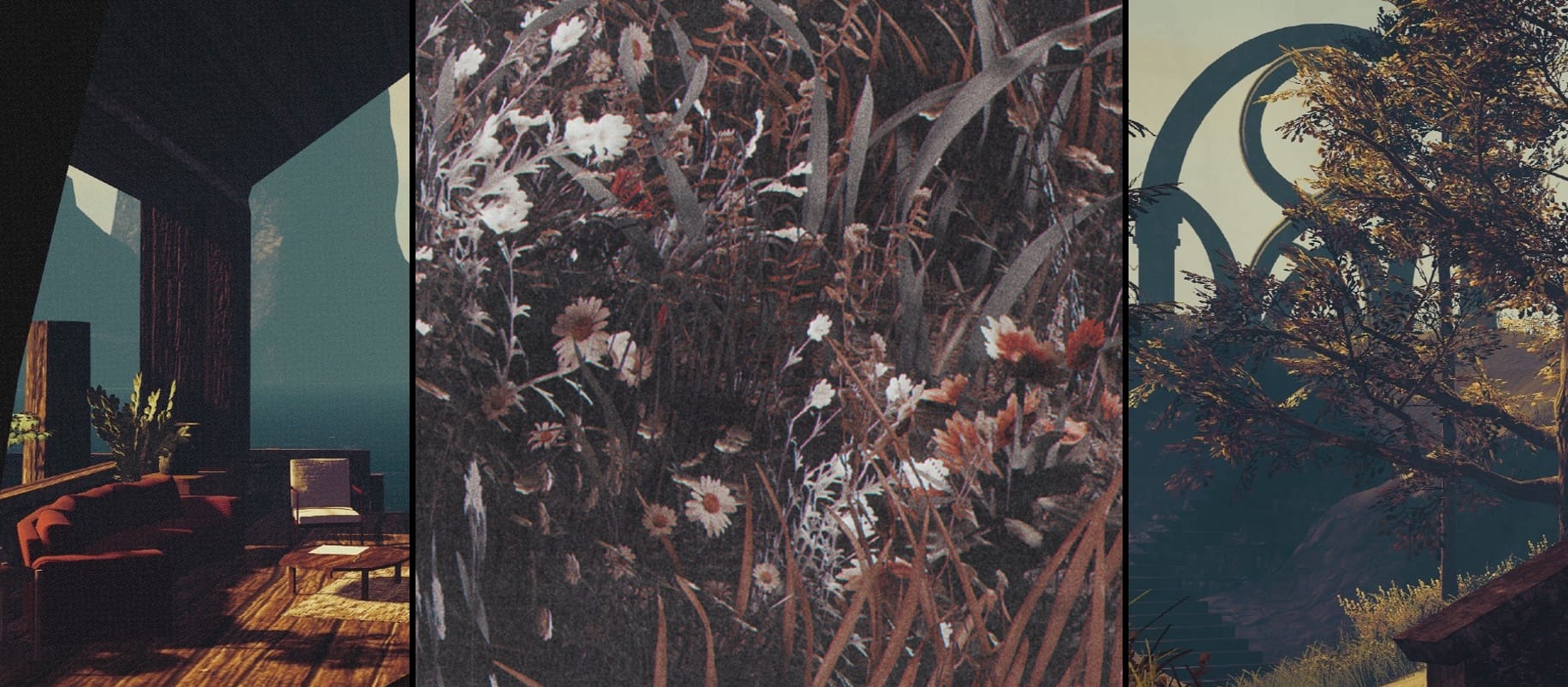The VR studio and brand Creature Guarantee provided by SideQuest will help developers through the $1 million independent VR fund provided by SideQuest.
The just-announced studio is made up of some experienced VR developers and is led by Doug North Cook. The team will manage funds provided by SideQuest as part of the company's Series A investment program.
According to a press release from SideQuest, the goal of the partnership is to "provide indie developers with their financial support and provide the technical and creative support they need to launch on major platforms." According to the company , developers are not required to distribute their software on SideQuest, although they may be encouraged.
独立VR开发者在与Meta、索尼、HTC或PICO等主要平台公司建立强大伙伴关系方面面临着困难,同时,与完全虚拟空间和追踪手柄依赖有所不同的是,苹果推向使用手部追踪和物理环境的应用程序,这导致资金优先级发生了重大变化。
While $1 million may seem like a small amount, for some small developers, this fund may be just what they need to finish their innovative VR game and find a foothold in the store. Here's Doug North Cook's description of the situation developers face:
“I think our current environment is increasingly hostile to artists, designers and developers in all walks of life. Music, film, television and many other creative industries have been taken over by and strength to negotiate or acquire companies that are smaller than them."
“We’re seeing this happening across the gaming industry and in VR as a result. We also know that there are very few companies of this type that can develop VR experiences that really connect with users. They’re rarely able to deliver a kind of experience that only exists in VR. Experiences that are only possible in China (SUPERHOT, Beat Saber, Gorilla Tag, Job Simulator, Among Us VR, Walkabout Mini Golf, Red Matter and many other Creature partner studios, and many others), almost all of which are made by small and independent teams with a deep understanding of what's possible in this medium. It's exciting to see small collaborative teams capable of creating some of the best experiences in areas where larger companies have been unable to find a foothold. In a In the creative space, small cooperative teams can break the rules, break through the genre, and open up new ways to play."
"What I'm getting across is this: We want to support teams who understand how to build these kinds of experiences - everyone from indie developers to larger teams should see their work. That means we work hard to make sure they retain Most of the revenue, our incentives align with them and drive transparency. That means we take less of our own revenue in order to build something bigger with our partners because they have the ability to reinvest in themselves - which also Good for us. We're really excited about the studios that this model can spawn."
“As for the exact payout size and funding terms, this will vary by opportunity, but we expect developers will find our funding terms very attractive.”
Funding support for independent VR development
Recalling the launch of the iPhone App Store in 2008, Discovery (iFund) announced a $200 million fund managed by venture capitalists and provided developers with critical period equity transactions, promoting the mobile phone as a computing platform development of.
这个被宣布的$1百万基金,在Meta准备推出Quest 3和Apple准备推出VisionPro的时候,与历史上的那一时刻相比如何?VR是否已经死亡,就像新闻标题每个月都在说的那样,即使市场逐渐增长?还是空间计算准备迎来类似于iPhone改变智能手机领域的急剧增长曲线?
I turn to Doug North Cook for his opinion:
Asking VR to experience an "iPhone" moment is difficult because smartphones now play a variety of functions in most people's lives. Mobile phones are not going away anytime soon as they fit in pockets and their functionality is required in modern society (in many restaurants now you can't even order food without scanning a QR code). Only VR devices, possibly with advanced pass-through MR, that can demonstrate a similar level of functionality in the home and office will achieve similar levels of widespread adoption.
Both Apple and Meta have come up with this vision: as a replacement for your phone, and as a replacement for your laptop, desktop, TV (if you live alone), game consoles, and the other connected devices that make up our home electronics systems. When full-color passthrough becomes the norm for headsets, we'll start to see how users react to it. As with previous devices, it’s ultimately up to the developer what experience they can deliver, which is why we’re investing in enabling more developers to push the next level of limits.
For those of us who have experienced enough, the vision of spatial computing is still very fascinating. It is an invitation to get back into our bodies and make our entertainment, gaming and digital socializing more active and fun. The reality is that these devices are still clunky, and most people have never tried VR. If they had tried, it might have been an experience that caused nausea or failed to satisfy a compelling use case. That's why I take a light-hearted approach to Apple, focusing on simple use cases first (and having physical retail locations to do in-person demonstrations of controls) in hopes of reaching a wider audience.
Having said that, I don't think we're even getting started yet, and within the next few years we'll see some companies follow Apple or Meta for a quick catch-up. Ultimately, users will decide which version of spatial computing they want to use in the long run. I wouldn't be shocked by the number of us going from two to three viable hardware suppliers in two years.
As for the "chance," it's as big as the iPhone chance. HMDs have the potential to consume as much functionality as smartphones (and create entirely new ones) - they're just left with a completely different feature set. Many of these features are more difficult to build because building apps with embodied space is a very difficult process, which already faces a severe talent shortage compared to current content needs. We may be at the beginning of the first real upward curve, which is why it's even more important to protect the developers and studios that build the apps and games that push VR forward.
Developers can now send proposals to Creature for consideration for funding.





